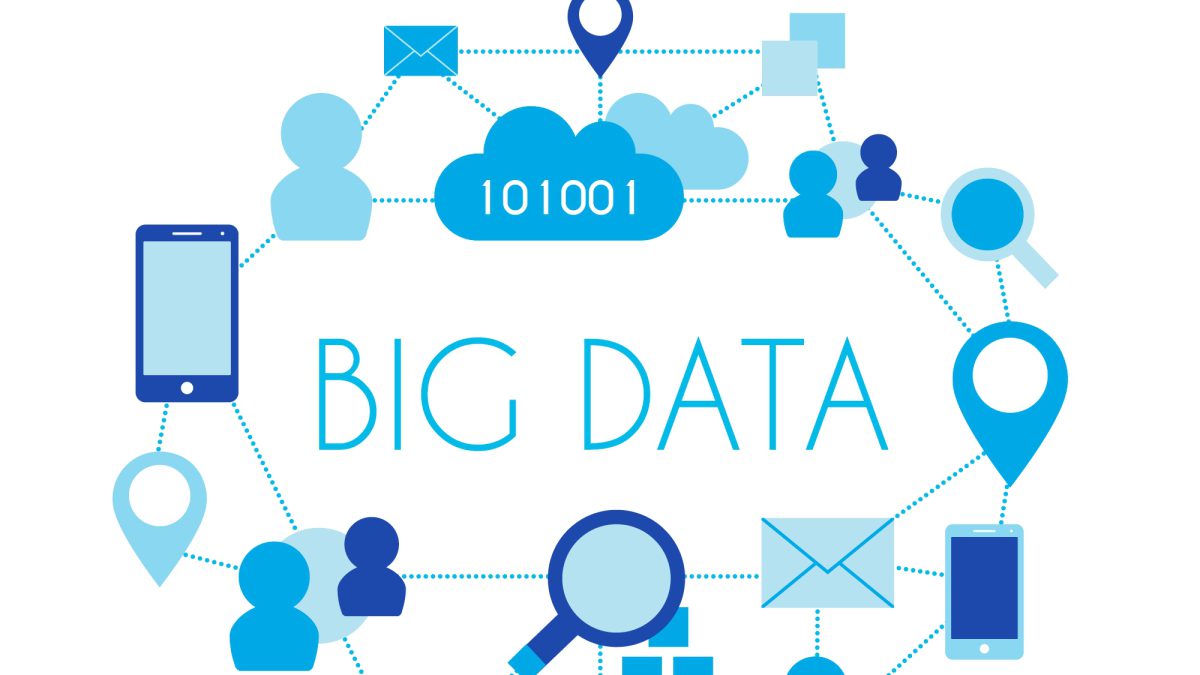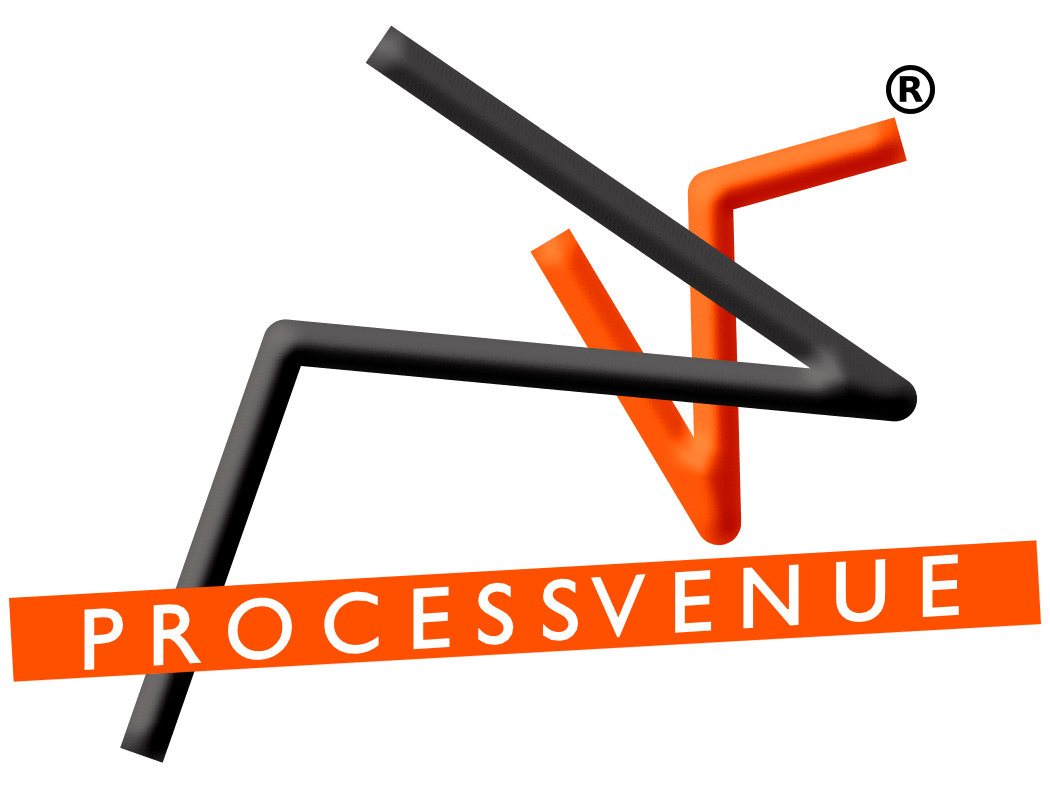
Master Big Data: Unlock Insights for Business Success
|
Getting your Trinity Audio player ready...
|
Develop a passion for learning. If you do, you will never cease to grow. – Anthony J. D’Angelo
The world around you is changing even when you read this article. The reason this blog is written is due to the relative impact the new phenomenon known as the Big Data has left over the world in the past one decade. In the IT sector, the workforce is moving quickly from coding towards data science and analytics.
The engineering course material and curriculum is being updated, and everyone wants to have a piece of the meat. But here is what the question comes through. What exactly do you need to learn in order to be an expert in Big Data?
As per the current market average, a good Big Data Services charges anywhere around 35 USD per hour to a maximum of 500$ per hour for working on Big Data applications, depends on size of project.
Big Data is not changing the IT professionals, but it also has a deep impact on the training processes of the marketing professionals. Some of the most important factors for mastering Big Data include:
Feel free to comment any suggestions or questions below.
1. The Usefulness of Big Data Analytics
The first thing which a professional needs to keep in mind is the fact that data analytics and Big Data has opened up endless avenues of growth and expansion for the business leaders. The largest and most complex organizations can be transformed through the implementation of Big Data analytics. It is not just a technology issue or a thing which needs to be resolved by the businesses.
It is rather an opportunity and a leadership problem that can be resolved only by the leaders of the companies. Big Data can help the businesses in building new process models and create competitive efficiency.
2. The Technology Landscape
Forget about the gut feeling, the decisions are to be based on information derived out of large chunks of data available. There are a number of technologies taking centre stage in the current situation. There is not a single way by which it can be handled and managed. The analyst and data scientist should have a clear understanding of the content of the data and how it could be used in mapping a business solution.
There are a number of tools including Hadoop, Cloudera, MongoDB, and Talend which can be used by the professional for starting up with the basics of the process. It depends on which tool is best suited for the industry in which you want to thrive.
3. The Data Analysis Techniques
There are a large number of techniques available for analysing the Big Data. It purely depends on the data scientist as to which technique he implements in the analysis process. A/B Testing, Regression Analysis, and Association Rule Learning are three techniques which might be introduced in case of smaller datasets but are also as relevant in the case of Big Data assessment. An analyst is required to have a solid understanding of the techniques in order to create real value for the business.
4. The Tools and Programming Languages
Even though being an expert in the programming language is not an utmost requisite to work on Big Data, it certainly helps a great deal. There are a number of programming languages which could be worked upon including R, Python, Java, C++, Ruby, SQL, Hive, SAS, SPSS, MATLAB, Weka, Julia, and Scala among others. Without having the working knowledge of the programming languages, the data is as useless as Robin is to Batman.
Similarly, knowledge of tools like SAS, R, and SPSS helps the analyst in dealing with huge volumes of data, which is a pre requisite in the case of Big Data analysis. Having coding language and ability to work with the tools and programming languages help in coping up with any technical issues that might come whilst actual working.
5. The Common Business Issues
Generally, it is perceived that Big Data is meant for long-term decision-making process related to an organization and leaders. However, it is interesting to know that Big Data can be used for the general decision-making including the routine business problems like inventory management, marketing decisions, and promotional activities.
It is first important to assess and process the data available. The actionable insights extracted out of the data could be then used for taking strategic business decisions that help in long-term and routine business decisions.
Conclusion
To conclude, there is no doubt that Big Data is the biggest phenomenon in the IT Industry during the past ten years. The concept is new and everyone, including the IT companies and professionals, want to have the first-mover advantage in order to get the most out of it. For being a Big Data expert, the first thing required is the passion and ability to learn at any point in the career.
With that in mind, the other five most important points that can be used to master Big Data have been discussed in course of this article. Do you have any other points to add in here? Tell us about that in the comments and join the conversation.

